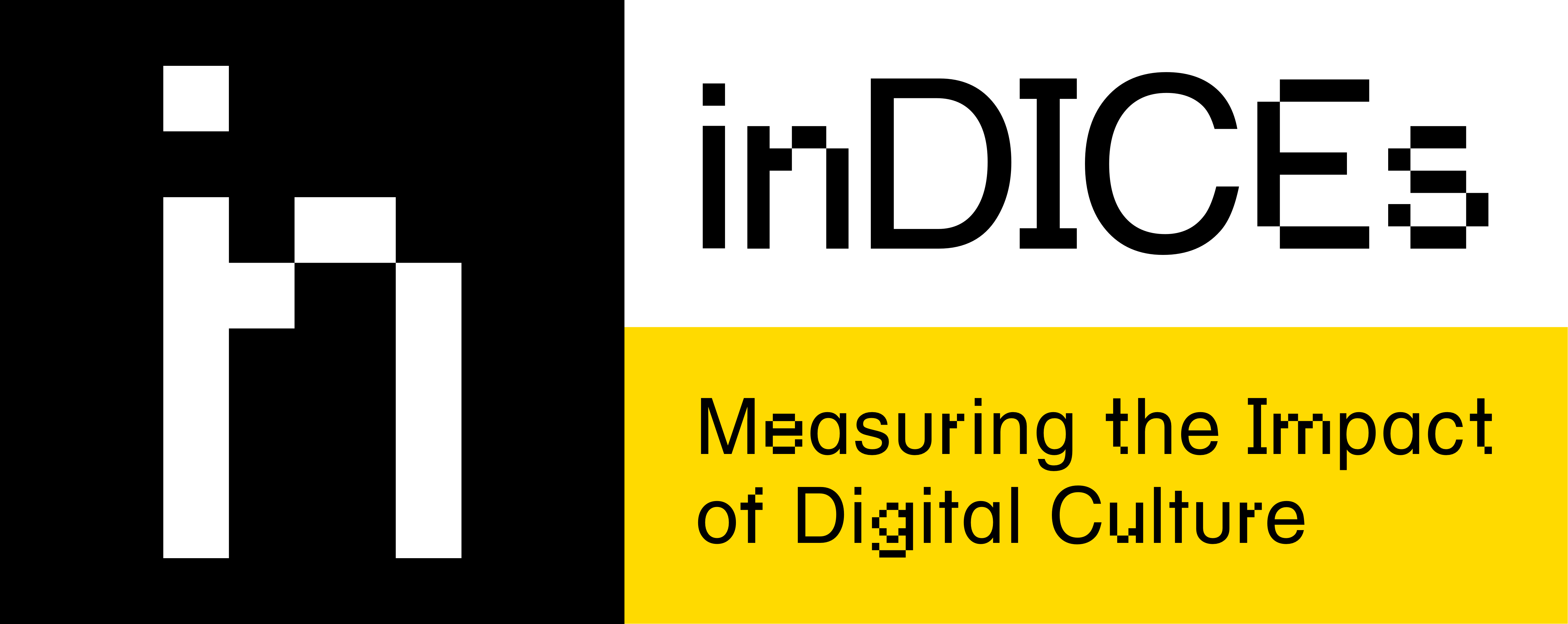Meet our
Advisory Board
The inDICEs Advisory Board (AB) members have been carefully selected for their specific expertise on the relationship between IPR experts, custodians of cultural heritage and the creative industries, as well as the professional networks they represent. Acting as advisors to the project is mutually beneficial for both the project and the Advisory Board members.
Meet our Advisory Board composed of 8 experts:
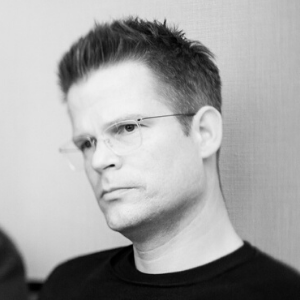
Paul Keller
COMMUNIA, NL
Paul Keller is president of the COMMUNIA association for the Public Domain and a senior research fellow at the Institute for Information law at the University of Amsterdam where he is doing research into the strategic policy objective of open movement organisations in Europe. From 2009 - 2018 Paul was director of the Amsterdam based think-tank Kennisland. Paul has a background in open licensing and open data and in advocating for more open copyright policies that empower users and cultural heritage institutions in the digital environment.
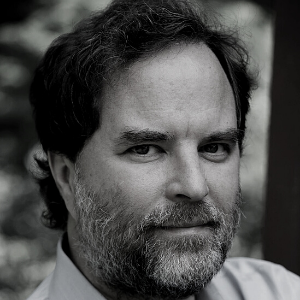
Peter Kaufman
MIT | Intelligent Television, USA
Peter B. Kaufman works at MIT in the Office of Open Learning and with the MIT Knowledge Futures Group. He is the founder of Intelligent Television and author of THE NEW ENLIGHTENMENT (forthcoming). A writer, teacher, and film & video producer,he has served as Associate Director Center for Teaching and Learning at Columbia University; a founding member of the Audio-Visual Think Tank at Sound & Vision in the Netherlands; co-chair of the JISC Film & Sound Think Tank in the United Kingdom; co-chair of the Copyright Committee of the Association of Moving Image Archivists; a member of the Scholar Advisory Committee of WGBH’s American Archive of Public Broadcasting; a member of the American Council of Learned Societies Commission on Cyberinfrastructure in the Humanities and Social Sciences; and a consultant to the Library of Congress’s National Audiovisual Conservation Center. He also speaks Russian, although no one knows why.
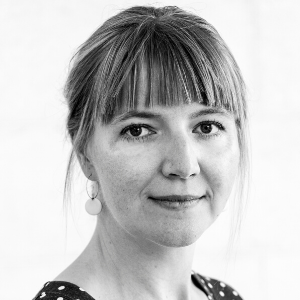
Merete Sanderhof
OpenGLAM, DK
Merete is driven to open up the cultural heritage of Europe to the needs and ideas of 21st century people. She has worked for more than ten years at SMK – the national gallery of Denmark to digitally open up the museum’s vast collections – and not least to encourage people to actively re-use them for research, learning, innovation, new creativity and fun!From 2017-18, she chaired the Europeana Network Association – Europe’s network for professionals working in cultural heritage. Currently, she is part of the task force that develops the Europeana Impact Framework and she is also one of the advisors to the EU Commission’s Expert Group on Digital Cultural Heritage & Europeana.
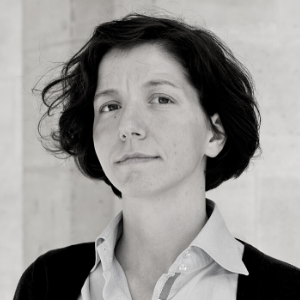
Alessia Smaniotto
OpenEdition, FR
Alessia Smaniotto develops citizen science projects and services for the OPERAS community and works for OpenEdition Center, a French research center developing a comprehensive digital publishing infrastructure at the service of scientific information in the Humanities and Social Sciences (www.openedition.org). She is trained in philosophy, journalism and sociology in Italy and France and she holds a PhD in Philosophy of Social Sciences from the École des Hautes Études en Sciences Sociales (EHESS). Before reinvesting her skills in research and scientific communication, she worked as a journalist in public and private media in Italy and was a trainer at the Master of Journalism in Turin. She is particularly involved in reflections on scholarly communication and knowledge exchange between different stakeholders.
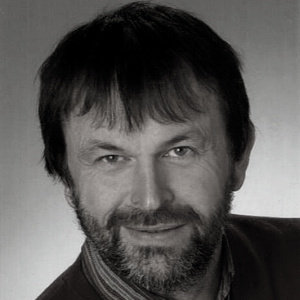
Peter Leinen
German National Library Frankfurt, DE
Peter Leinen holds a diploma in mathematics and computer science from RWTH Aachen University and received his doctorate in Scientific Computing from the TU Dortmund University. His research focused on the development and implementation of novel methods to solve fluid mechanics problems on a supercomputer. He followed the offer of Trier University to become Director of the Computer Center and moved later to the University of Mannheim, where he took over the management of the Computer Center. In 2016 he was appointed as head of the Department of Information Infrastructure at the German National Library. His main focus there is on the challenges of building, preserving and utilizing the digital collection. He is involved in the development and operation of “Deutsche Digitale Bibliothek” as well as in the establishment of a national research data infrastructure. He is one of the spokespersons for nestor- the competence network for digital long-term preservation and is active in IFLA, W3C and the Digital Humanities networks.
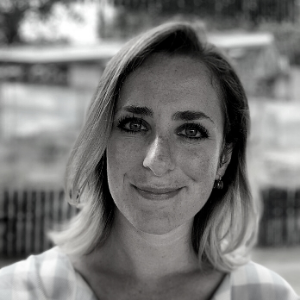
Eleonora Rosati
Associate Professor | Intellectual Property Law
Dr Eleonora Rosati is an Associate Professor in Intellectual Property Law at Stockholm University, a Guest Professor at CEIPI-Université de Strasbourg, a Research Associate at EDHEC Business School, and an Of Counsel at Bird & Bird. A long-standing contributor to The IPKat and an Editor of the Journal of Intellectual Property Law & Practice (Oxford University Press), Eleonora is the author of several articles and books on IP issues, including – most recently – Copyright and the Court of Justice of the European Union (Oxford University Press:2019). In 2018, she was included in Managing Intellectual Property ‘The 50 Most Influential People in IP’ list.
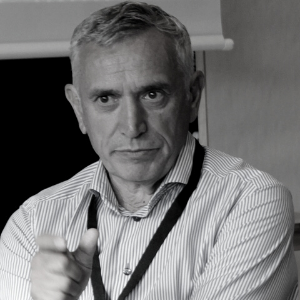
Robert Manchin
Culture Action Europe, BE
Robert Manchin is president of Culture Action Europe. Born in Budapest, where he attended the Bartok Conservatory of Music, the Liszt Academy of Music and the Karl Marx University of Economics. Worked at the Hungarian Academy of Science as a sociologist while playing in the State Philharmonic Orchestra. He wrote books on sociology or art, youth musical protest movements and the long-term effects of music education in public schools. Spent several years teaching social science research methods and doing research in various American universities. Returning to Hungary before the regime change he organized samizdat publications including publishing the minutes of proceedings of the transition parliament before the first free elections, and facsimile editions of the press of the 1956 Revolution. Between 1990 and 2014 he fulfilled various top management positions at Gallup Organization in the US and in Europe leading a number of global research projects, including the Eurobarometer surveys and the Wellbeing WorldPoll. . As a professor at the College of Europe, developed a course to understand European social trends using survey and other data.
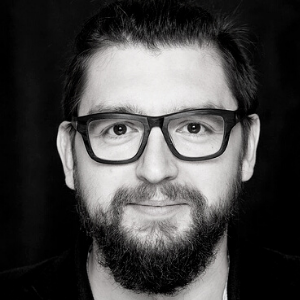
Mirosław Filiciak
Director of the Institute of Humanities SWPS University, PL
Mirosław Filiciak is media researcher, the Dean of the Faculty of Arts and Social Sciences and the Director of the Institute of Humanities at SWPS University (Warsaw, Poland). He is interested in the theory of media studies, archaeology of media, and the relations between media technologies and cultural practices. He was the principal investigator on numerous qualitative and quantitative research projects, focused on topics such as mediated cultural participation, social circulation of media content, or collecting, restoring and emulating old technical media. His current research includes an ethnographic study of the smartphone and its users. He collaborates with multiple public cultural, educational and research institutions, businesses and NGOs.
